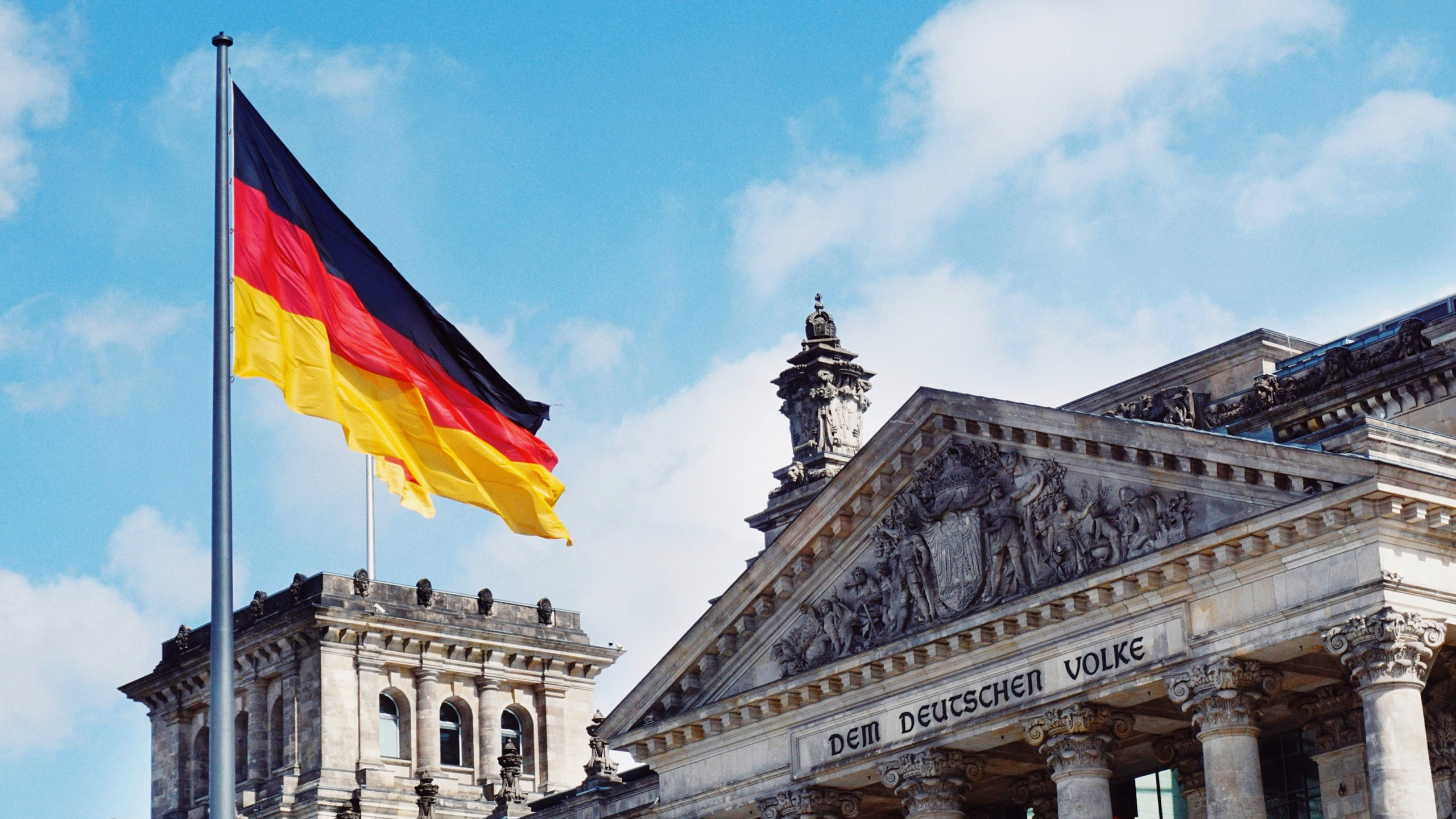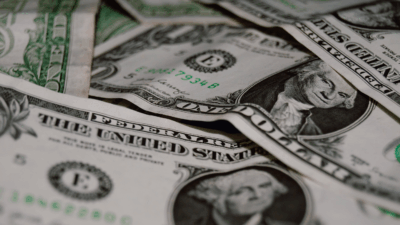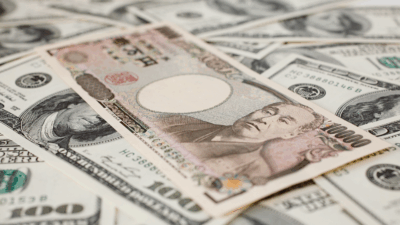German Conservatives Poised to Lead Europe’s Largest Economy
Germany’s blue chip DAX has hit new highs all month and is up 11% on the year, besting the S&P 500’s 2.5%.

Sign up for smart news, insights, and analysis on the biggest financial stories of the day.
What’s alt is neu again.
Little more than three years after they were booted from office, Germany’s centrist conservative Christian Democratic Union and its sister party, the Christian Social Union in Bavaria, won the most votes in the country’s federal election Sunday. The outcome leaves CDU leader Friedrich Merz poised to become Germany’s next chancellor, putting him in charge of an economy headed in the falsche Richtung (that’s the wrong direction, not the richtige one).
Take Your Foot Off the Bremse
Rather than make a fool of yourself, in German you make a monkey of yourself (Sich zum Affen machen). And, in a lot of ways, that’s what the German economy has done in recent years.
Policymakers — including former CDU-led governments — bet the haus on the country’s manufacturing sector’s ability to drive growth through exports. Trade amounts to more than 80% of German GDP, according to World Bank Data. But with China’s emergence as a manufacturing superpower, that exposure has stung. For example, five years ago, China wasn’t a net exporter of cars and, by last year, it shipped out 5 million. At the same time, the net export of German autos — the pride of the country’s storied engineering history — fell by half to 1.2 million, according to the Centre for European Reform.
Energy prices, made worse by the severing of trade ties with Russia over the Ukraine war, have also left manufacturers at a disadvantage. Electricity in Germany costs an average 20.3 euro cents (about $0.21) per kilowatt hour compared to roughly 8.4 euro cents in the US and China, according to a study for the Bavarian Industry Association. And growth in the world’s third-largest economy — which hasn’t topped 2% since 2017 — is “stuck in stagnation,” as outgoing economy minister Robert Habeck put it. The government expects a feeble 0.3% growth rate in 2025 (a more dour independent forecast says to expect a 0.5% contraction). So what will Merz, the likely next chancellor, do?
- First, he has to form a government. The CDU got 28.6% of the vote, placing them ahead of the far-right extremist Alternative für Deutschland in second place at 20.8%. German leaders, including Merz, have pledged not to form a governing coalition with the far right, maintaining a so-called firewall, or Brandmauer. That means he’ll need one or more coalition partners, which could include outgoing Chancellor Olaf Scholz’s Social Democrats or the Greens.
- Politicians have debated whether to change Germany’s Schuldenbremse, or debt brake, a 2009 rule that blocks the deficit from exceeding 0.35% of the country’s GDP. Merz has indicated an openness to relaxing the policy, but not to finance additional welfare spending with debt. Instead, he has hinted that new borrowing could be used to stimulate investment, while campaigning like a traditional conservative on cuts to government spending and calling tax hikes “poison.”
What Do the Markets Think? Germany’s blue chip DAX has hit new highs all month and is up 11% on the year, besting the S&P 500’s 2.5%. Defense stocks have led the gains as the Trump administration has pressured Europe to increase military spending, but firms in several areas — including industrial manufacturing conglomerate Siemens, Deutsche Telekom, and software giant SAP — have also provided a lift. That’s on the promise that a relaxed debt brake could mean more spending on defense, infrastructure, and technology.











